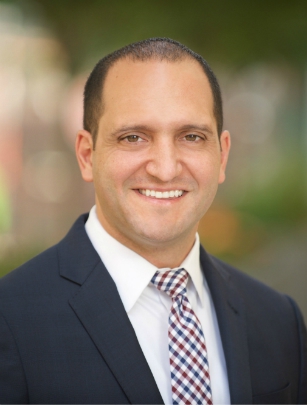When a person passes away in New York State and their original Last Will & Testament cannot be located, New York law may allow a copy of the will to be admitted to probate. In order to probate a copy of a will, the Surrogate’s Court requires the person offering a copy of the will for probate to prove three key elements:
- That the will has not been revoked;
- That the will was properly executed in the same manner as required for an existing will; and
- All provisions of the will must be clearly and distinctly proven by at least two credible witnesses or by a copy or draft of the will, proven to be true and complete.
So what does all this mean? We will look at each of the three elements in order to demonstrate what must be proven to the Court in order to admit a copy of a will to probate.
Proving the Will Was Not Revoked:
Under the laws of New York State, a will is revoked by:
- The execution of a subsequent will;
- A writing of the testator (a person who has made a will) clearly indicating an intention to revoke the will which is executed with the same formalities of a will; or
- By ripping, burning, tearing or another act of destruction.
If the testator was in possession of the original will during the testator’s life and the will cannot be located after the testator’s death, a presumption arises under New York law that the testator destroyed the will with the intention of revoking it. However, it is possible to rebut this presumption with sufficient evidence showing that the will was not revoked.
Proving the Will Was Properly Executed:
Wills must be executed in strict compliance with the provisions of New York Estates, Powers, & Trusts Law (EPTL) §3-2.1. The elements of due execution are:
- The signature of the testator must appear at the end of the will, just before the witness attestation clause;
- The testator must sign the will in the presence of each of the witnesses, or his signature shall be acknowledged to each witness as his signature;
- The testator must declare to each of the witnesses that the document they are witnessing is the testators will; and
- There must be two witnesses to the will. The testator must ask each witness to sign his will. Additionally, both witnesses must sign the will within 30 days of each other.
Under New York law, if the execution of a will was supervised by an attorney, there is a presumption that the will was executed in compliance with the above formalities. In addition to these technical formalities, the proponent of the will also has the burden of proving that the testator had the mental capacity required to execute a will.
Proving All Provisions of the Will:
New York State law requires that at least two credible witnesses attest to the full contents of the will. Typically, the attesting witnesses are unable to recall every single provision of the will in detail. Therefore, the law allows a copy of the will to be admitted to probate on the testimony of the attorney that drafted the will, a secretary who typed the will, or a trust officer nominated as a fiduciary in the will who can identify a copy or draft of the will and recall its provisions. They are not required to recall the exact language contained in the will but must be able to recall the substance of the will.
Conclusion
In situations where the heirs at law are not the same individuals as those named in the will, then a will contest may arise. A will contest is a legal dispute concerning the validity of a will, or the legitimacy of a copy of a will.
So, can you admit a copy of a will to probate? The answer is “maybe”, that is, if you have all the right evidence. Due to the complexities involved in determining and obtaining the right evidence, you should speak with an experienced estate attorney to assist in attempting to probate a copy of a last will and testament.
Do You Need Legal Help Regarding Probate Issues In The New York Metro Area?
If a loved one died without a will and you need legal assistance regarding the probate process you should be speak with an experienced probate attorney as soon as possible. Contact us online or call our New York City office directly at 212.227.2424 to schedule your free consultation. We proudly serve clients throughout New York and northern New Jersey including Brooklyn, Manhattan, Queens, Staten Island, The Bronx, Nassau County and Westchester County.


